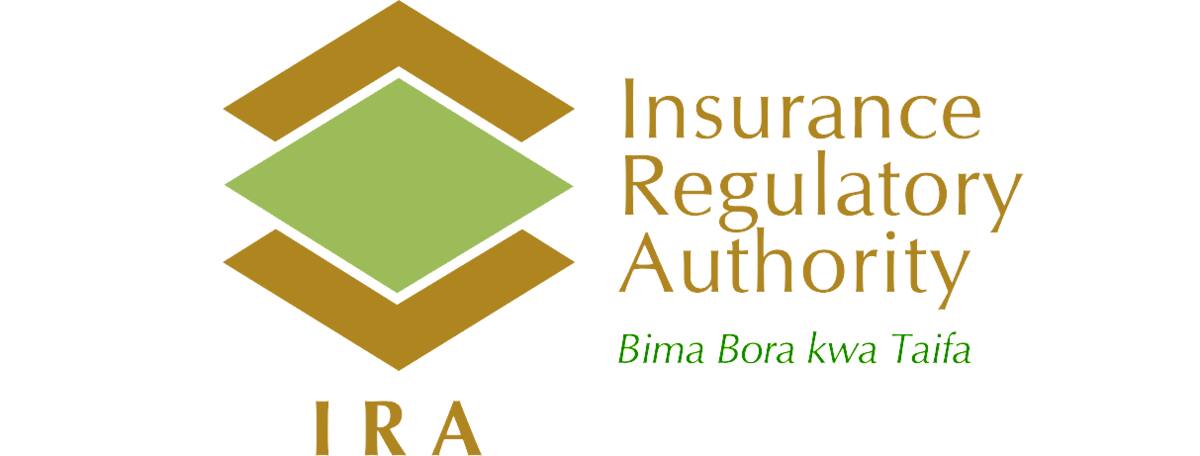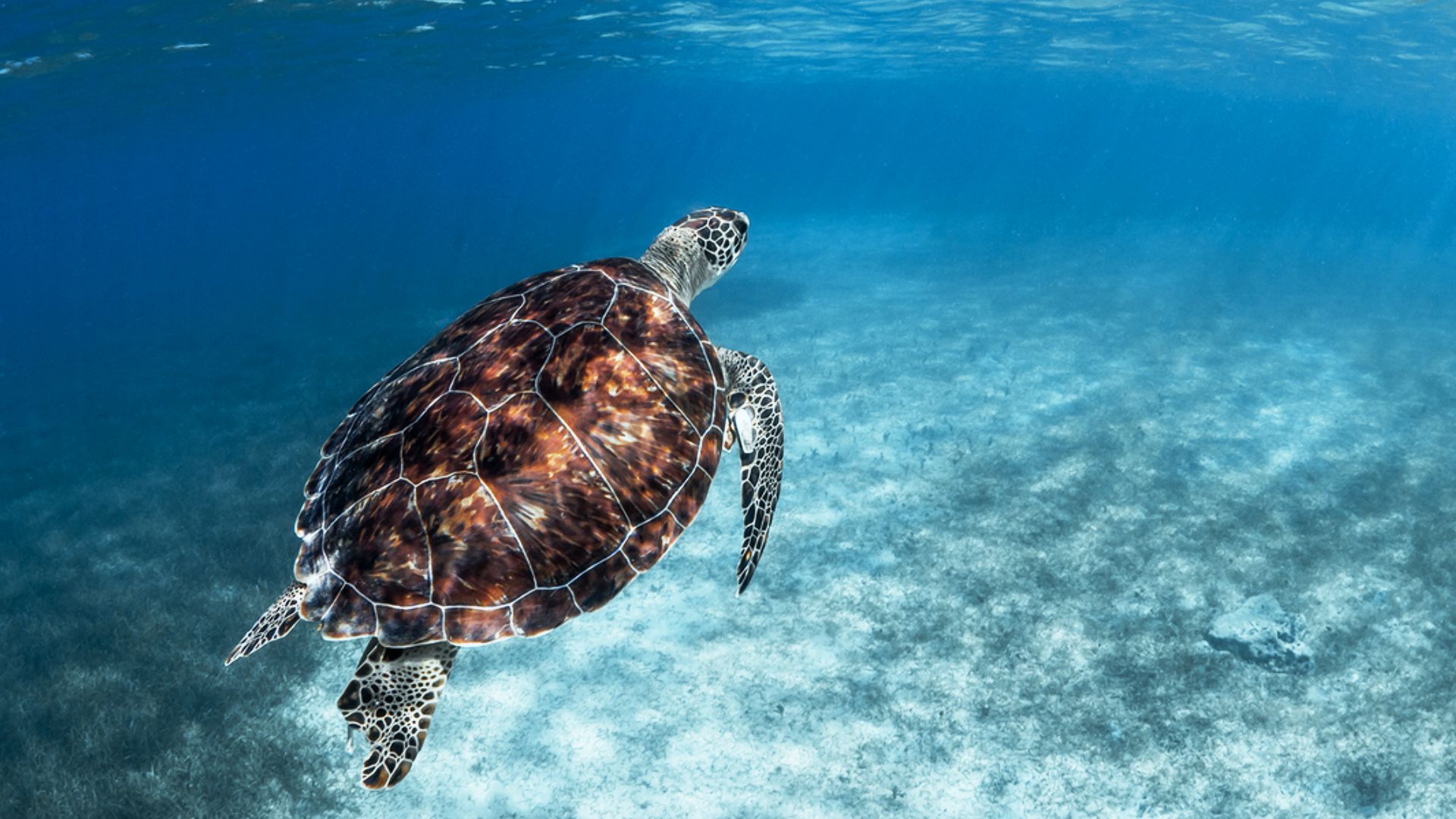Nestled along Kenya’s stunning southern coastline, the Diani-Chale Marine Reserve stretches from the Tiwi Estuary to Chale Island in Diani. Gazetted in 1995, the reserve protects endangered marine life, including vibrant coral reefs and diverse fish species.
This guide breaks down Diani-Chale Marine Reserve Entrance Fees and offers practical insights for visitors planning a beach and marine adventure.
From snorkeling to windsurfing, dhow trips, and glass-bottom boat tours, the reserve remains one of Kenya’s most enchanting coastal destinations.

Guide to Diani-Chale Marine Reserve Entrance Fees
The Diani-Chale Marine Reserve is open to both local and international visitors throughout the year. The Kenya Wildlife Service (KWS) regulates entry and conservation management. However, due to limited infrastructure and personnel in the area, visitors should confirm operational details in advance, especially when booking marine excursions.
Below is a breakdown of the Diani-Chale Marine Reserve Entrance Fees for different categories of visitors:
| Visitor Type | Adult | Child |
|---|---|---|
| East African Citizens | Ksh 500 | Ksh 250 |
| Kenya Residents | Ksh 675 | Ksh 350 |
| Non-Residents | USD 25 | USD 15 |
| African Citizens | USD 15 | USD 10 |
Note: Fees are subject to change depending on KWS policies and seasonal adjustments.
Marine Adventures Worth Exploring
Visitors to the Diani-Chale Marine Reserve enjoy a wide range of exciting activities designed to showcase the coastal ecosystem. Snorkeling and diving allow you to witness colorful coral formations and tropical fish. Glass-bottom boat rides provide a view of the marine world without getting wet—perfect for families or those seeking a relaxed adventure.
For thrill-seekers, kite surfing and windsurfing are available along the Diani shoreline, where the tides and wind create ideal conditions. Traditional dhow trips offer a peaceful experience, letting visitors explore the coastline while interacting with local fishermen and guides.
Challenges Facing the Diani-Chale Marine Reserve
Despite its breathtaking scenery, the Diani-Chale Marine Reserve faces several challenges. Tension between local communities and KWS has affected conservation management.
Residents often depend on fishing for their livelihoods, while KWS seeks to enforce restrictions that protect marine life. This conflict has contributed to a shortage of staff and infrastructure, limiting enforcement and maintenance at the site.
Conservation groups have urged the government to strengthen cooperation with local communities to ensure both environmental sustainability and economic benefit. Improved management would attract more eco-tourism opportunities and enhance visitor experiences.
Planning Your Visit to Diani-Chale Marine Reserve
Before visiting, it’s important to plan ahead. Visitors should confirm entry requirements, marine activity operators, and safety regulations. Many hotels and resorts in Diani offer day trips to the reserve, often combining snorkeling, picnics, and island excursions.
Bring eco-friendly sunscreen and avoid touching corals or collecting marine life. These simple actions help preserve the delicate ecosystem. Additionally, hiring local guides supports the community and ensures that your visit contributes positively to conservation and livelihoods.
The best time to visit is between December and March, when the weather is warm and the sea conditions are calm, offering clear visibility for underwater exploration.
Wrapping Up
Diani-Chale Marine Reserve remains a hidden coastal gem for travelers seeking nature, adventure, and relaxation in equal measure. Understanding the Diani-Chale Marine Reserve Entrance Fees helps visitors plan their trips effectively while supporting marine conservation.
Whether you choose to snorkel among coral gardens, sail on a traditional dhow, or simply relax on Diani’s white sands, this reserve offers an unforgettable experience along Kenya’s tropical coast.











































